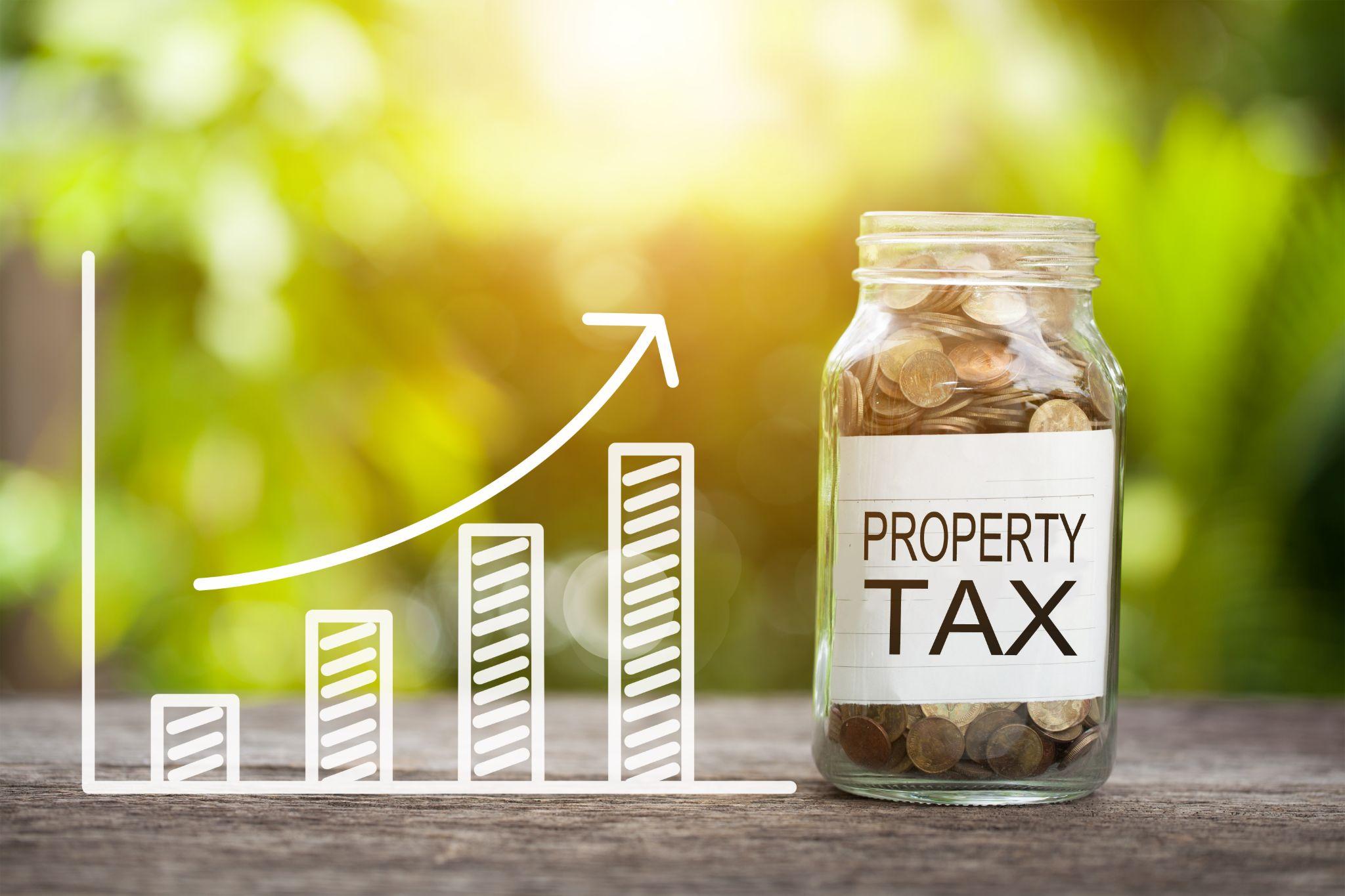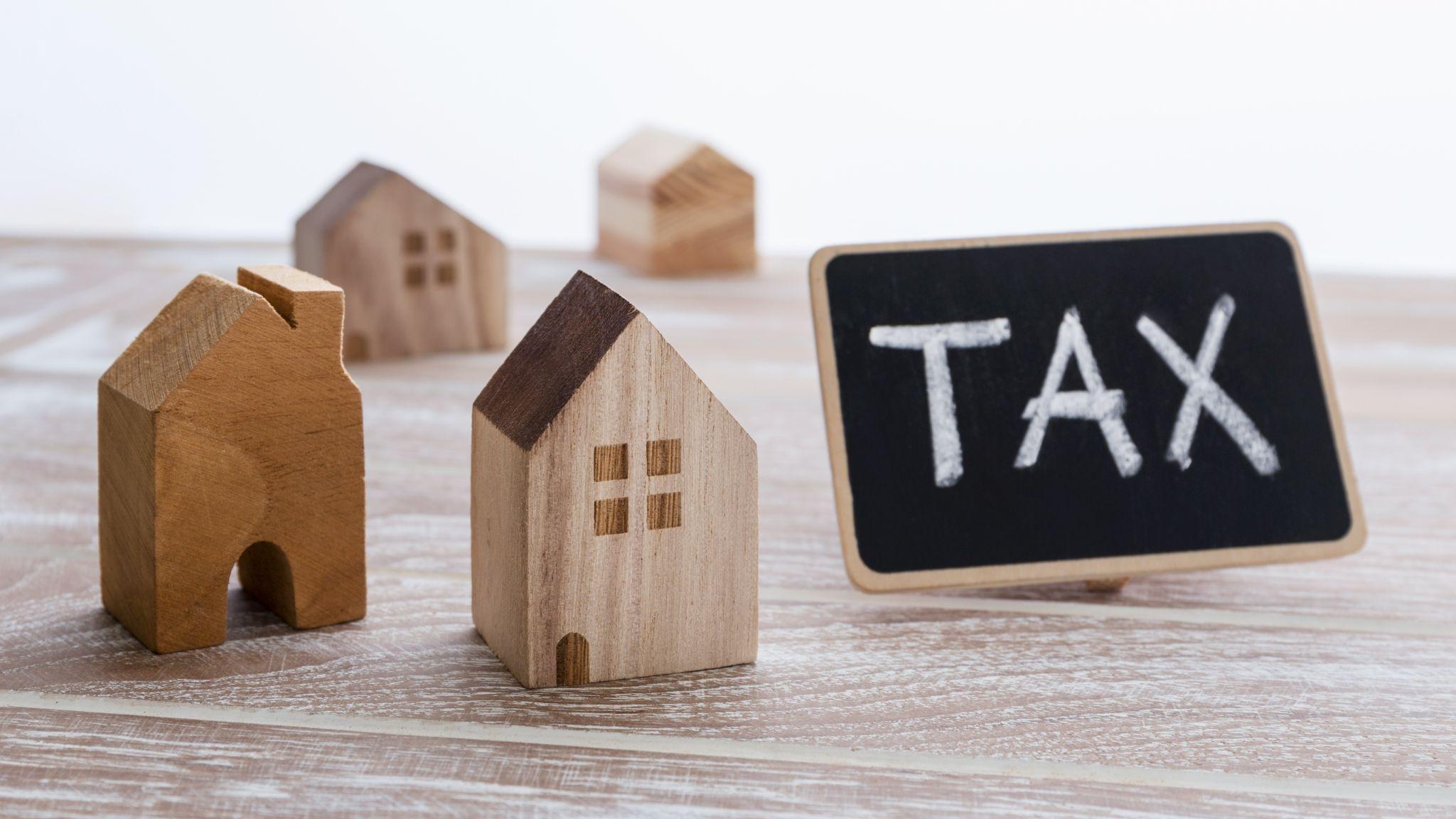When you are considering selling your home, there are different financial factors that will determine the net proceeds you will receive at closing. The net proceeds are the amount of money left over after your existing mortgage, taxes, and other closing costs are paid.
One essential component of your net proceeds is knowing what types of taxes you will pay when you sell your home. The three most common taxes are:
- Capital Gains Taxes
- Property Taxes
- Transfer Taxes
Types of Taxes
Capital Gains Taxes
Capital gains taxes are taxes paid to the federal government when you file your tax return. This type of real estate tax has to be paid when you sell your primary home or investment properties.
The amount of tax you pay is determined by the profits from the sale of a home. However, if your property was a rental, you can reinvest the proceeds into a new investment property using a 1031 Exchange, then you do not have to pay capital gains taxes until the replacement property is sold.
There are also exemptions when you are single or married and file a joint return. Yet, these tax exemptions only apply to your primary residence. So, if you sell a vacation home or investment property, then you would not qualify for the exemption.
For example, the federal government provides a $250,000 exemption for single individuals and a $500,000 exemption for married couples. These exemptions allow you to deduct the appropriate amount from the profits earned from selling your house. Therefore, it is possible to eliminate your tax liability entirely and not have to pay capital gains taxes.
Furthermore, the taxes are calculated based on the difference between the sales price, the amount you initially paid for the home, and any improvement you made. For example, you purchased your home for $400,000 and made $50,000 in home improvements.
So, your adjusted cost basis on the initial purchase price would be $450,000. Suppose you sell your home for $750,000 and your closing costs were $20,000. Therefore, the profits from the sale of your house would amount to $750,000 minus $20,000 minus $450,000, which equals $280,000.
Let’s also assume you are single. So, with the $250,000 tax exemption, you would only pay capital gains taxes on $30,000, not the entire $280,000. On the other hand, if you were married and filed a joint tax return, your $500,000 exemption would make you exempt from paying any capital gains taxes.
When Are Capital Gains Taxes Unavoidable?
You need to be aware of a few exceptions where you will have to pay capital gains taxes when selling your house.
- You sold a home that was not your primary residence and did not reinvest the net proceeds into a new property.
- You did not own your primary residence for at least two years before you sold it.
- You did not live in the home for at least two years before you sold it.
- You previously claimed the capital gains tax exemption on a different home within a two-year period before selling this house.
Property Taxes
Property taxes are taxes you pay based on the assessed value of your house to a local government agency, such as your county tax collector. The assessed value is established by the local government agency and is often less than the actual resale value of the property.
The amount of your property taxes is based on millage rates or specific property tax rates times the assessed value of your home. Furthermore, property taxes are usually collected for the previous tax year to allow for changes in these rates.
For example, your annual property tax statement was issued in November 2021, and your 2021 property taxes are due by March 31, 2022. Even though it is 2022, you are only paying your property taxes through December 31, 2021.
As such, when you sell your home, you are responsible for paying your portion of the property taxes from January 1st of the current tax year until the date of your home’s closing. To illustrate, let’s assume your closing date is June 30, 2022.
At closing, you would pay a prorated portion of 2022 property taxes for the first six months of the year. The new owner would then be responsible for the remaining balance of the 2022 property taxes.
Is There a Difference Between Real Estate Taxes and Property Taxes?
Some local municipalities and the federal government refer to property taxes as real estate taxes. There is no difference between the two, just the term used to describe the type of tax you pay when you own a home.

Transfer Taxes
Transfer taxes are a type of tax paid to transfer the home’s deed to the new owner. They are sometimes called deed transfer taxes to title transfer taxes. The amount of transfer taxes you pay at closing is usually based on the sales price of the property. In general, the higher the sales price of the home, the higher the transfer taxes can be.
The local municipality or county usually sets transfer tax rates. However, states can establish the rates as well. The rates vary and could be a flat rate tax or a percentage rate multiplied by the sales price.
Estate Taxes
Estate taxes are another type of tax paid when you sell a home. Estate taxes can also be called inheritance taxes. These taxes are incurred when you sell an inherited property or transfer the ownership of a house to the heirs.
Gift Taxes
Gift taxes are similar to estate taxes when you are given a house from another person and are not required to repay them. The amount of gift tax paid is based on the value of the house at the time the ownership is transferred to you from the previous owner.
How to Reduce Taxes Paid When Selling Your House
One effective way to lower the amount of taxes you pay at closing is to sell your home for cash to a cash buyer through 800CashToday. You still have to pay your part of the property taxes and the transfer tax. However, the transfer taxes will be lower.
In addition, the amount of capital gains taxes owed could be nothing if you meet the qualification for the tax exemptions and your net profits are below $250,000 if you are single or $500,000 if you are married.
Furthermore, you save money by selling it for cash, thanks to these great benefits:
- You do not need a real estate agent, so you eliminate realtor commissions.
- You sell your home in “as-is” condition and can avoid the costs of repairs and staging the home for sale.
- You can receive up to a $10,000 cash advance if needed during the escrow process.
- We help cover the costs of moving locally with a $1,500 credit
- We provide you with free credit repair services if you need to increase your FICO score.
- We offer fast closings and 7-day escrow or close on a day of your choosing.
- If you need more time to move out, you have the flexibility to choose your move-out date.
- You are never under any obligation to accept a cash offer if you do not like it and feel free to counter. Local cash buyers are friendly, professional and want to help.
Find out how much your home is worth using our simple submission process at 800CashToday now.



